Energy
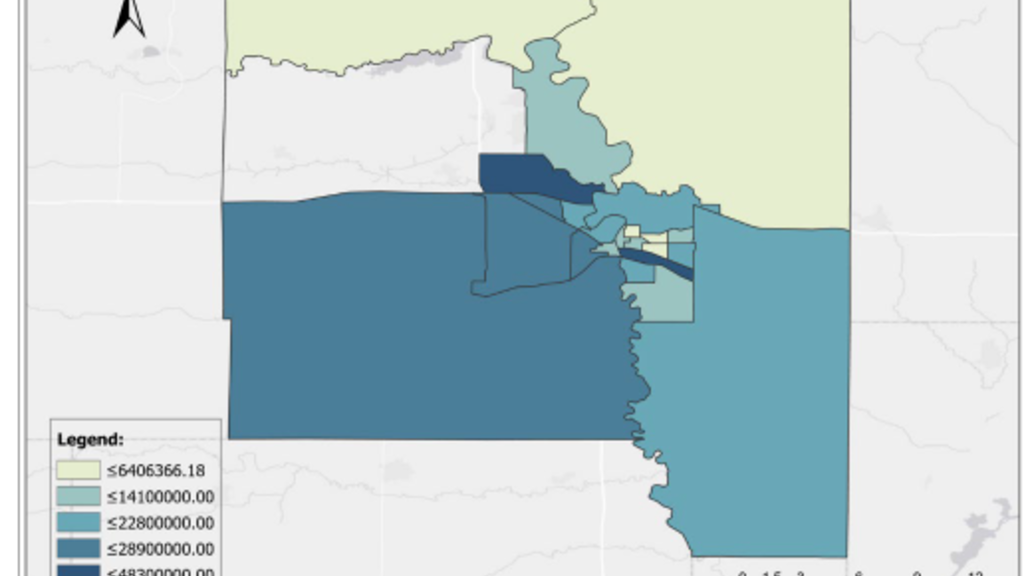
Iowa City Solar Study
Students in the School of Planning and Public Affairs course Environmental Policy researched technical and policy solutions to advance more solar energy generation in Iowa City, with a focus on resilience, economic benefits, and equitable access. UI faculty members Scott Spak, Adam Skibbe, and Travis Kraus worked with local stakeholders to complete the study.
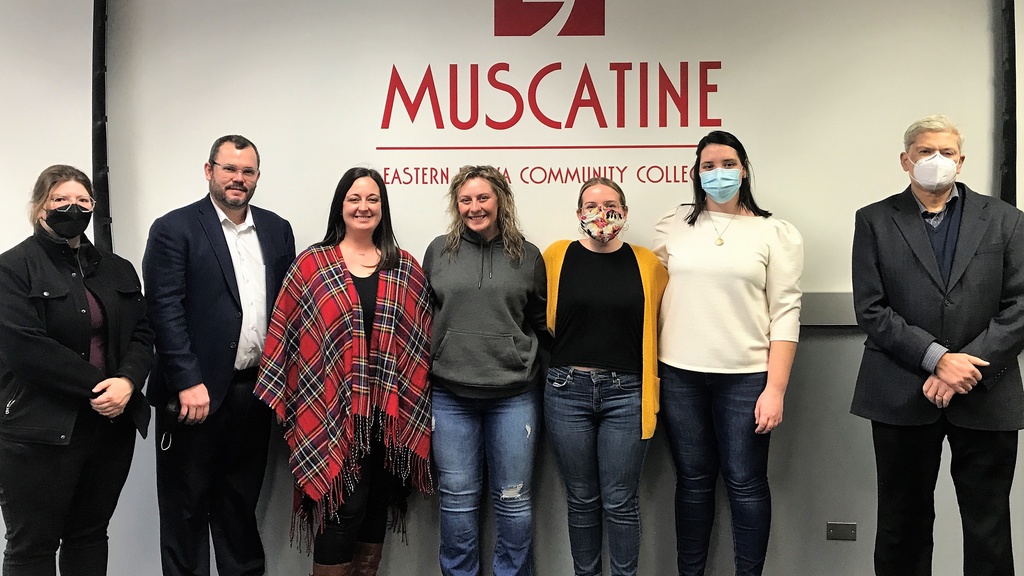
Muscatine Community College Sustainability and Environmental Responsibility (SER) Initiative
Second-year Master of Public Affairs (MPA) students collaborated with administrators and students at Muscatine Community College in the development of policies and best practices for reducing greenhouse gas emissions and implementing a Sustainability and Environmental Responsibility (SER) Initiative.
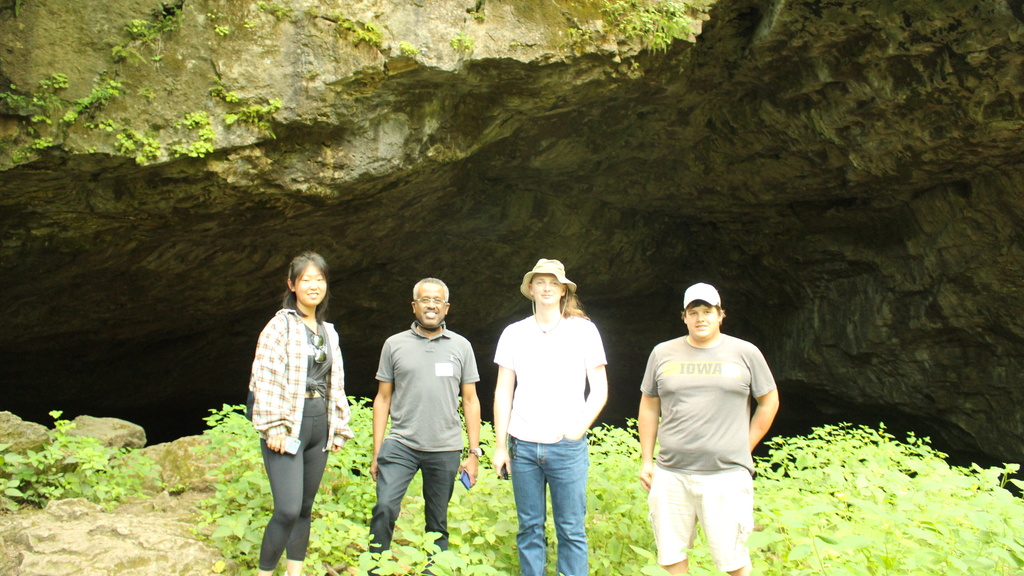
Jackson County Clean Energy Plan
Working in conjunction with the Jackson Clean Energy District (Jackson CED), graduate students in the School of Planning & Public Affairs developed a Clean Energy Plan for Jackson County, Iowa.
Jackson CED exists to strengthen Jackson County communities in Jackson County by leading the transition away from fossil fuels toward local and inclusive clean energy. Jackson CED has a three-pronged community building mission:
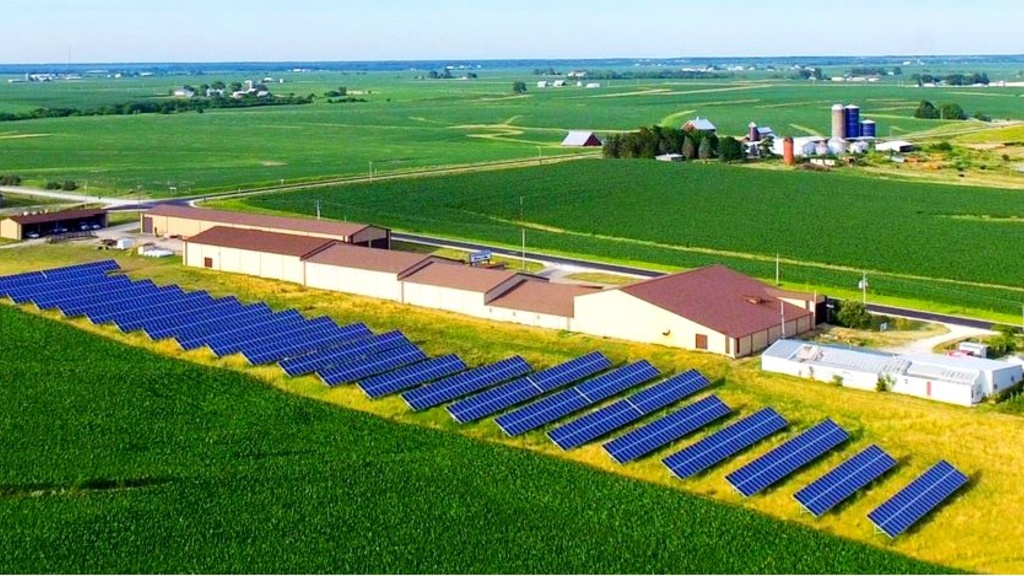
Rethinking Energy in Johnson County
Students in the School of Planning & Public Affairs course Environmental Management and Policy conducted a study for the Johnson Clean Energy District regarding energy efficiency improvements and renewable investment possibilities in Johnson County.
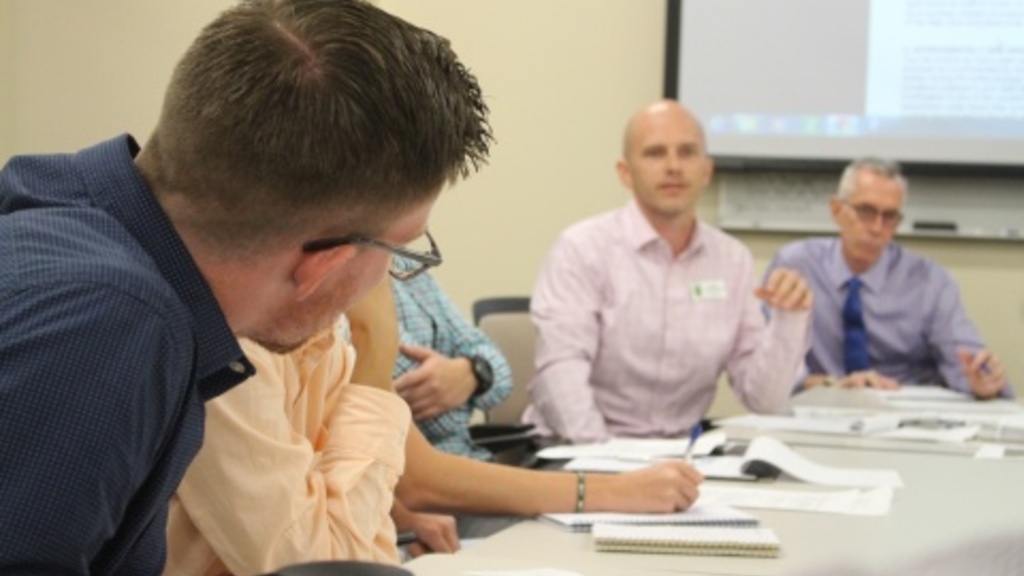
Linn County Windfarm Suitability Analysis
In conjunction with officials from Linn County Iowa, graduate students in the School of Urban & Regional Planning completed a Windfarm Suitability Analysis study for the unincorporated Linn County area.
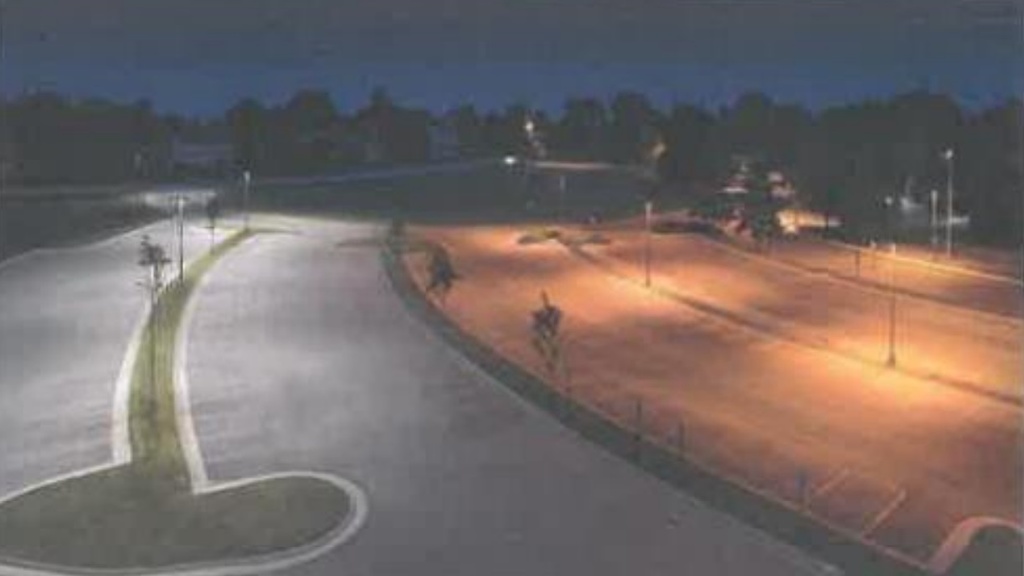
LED Streetlight Conversion
Greenhouse gas and energy reduction were identified as two major goals for 2015 in The City of Iowa City’s 2014 Sustainability Report. The City was, then, pursuing several initiatives to achieve those goals, including an agreement with MidAmerican Energy to convert all of Iowa City’s streetlights into LED fixtures. The LED fixtures are expected to last 25 times longer and operate 75 percent more efficiently than incandescent bulbs. A student from the College of Engineering assisted the City with the streetlight conversion process during the Fall 2015 semester.
Frac Sand Mining Industry Legal Analysis
Students in the College of Law conducted statutory and case law research to contribute to the development of the potential regulations being considered by Winneshiek County. In response to the potential entry of the frac sand mining industry into the area, Winneshiek County sought research and recommendations on best practices for interacting with the industry. This project brought together the University of Iowa Citizen lawyer program with county attorneys to provide legal research and analysis on regulatory options available to the county.
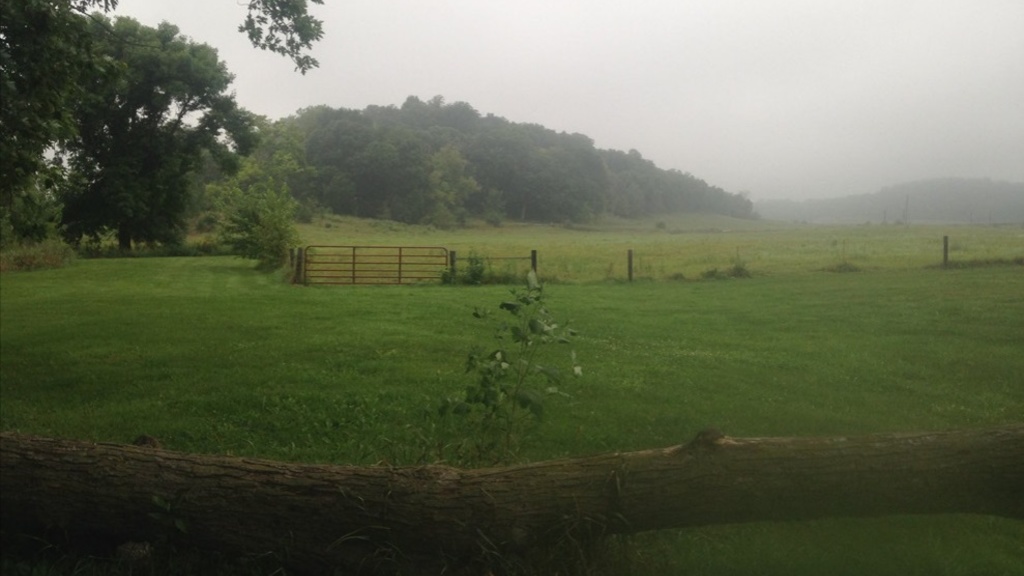
Economic Impact Study of Frac Sand Mining Industry
Winneshiek County sought to understand the possible economic impacts that the frac sand mining industry could have if it became established in the county. For this project, graduate students in the School of Urban and Regional Planning performed a comprehensive economic impact study that evaluated the short and long-term gains and losses to the county's economy that could follow from the industry’s establishment. The students assumed a single-mine scenario to contextualize mining impacts in three areas: county accounts, private accounts, and social costs.
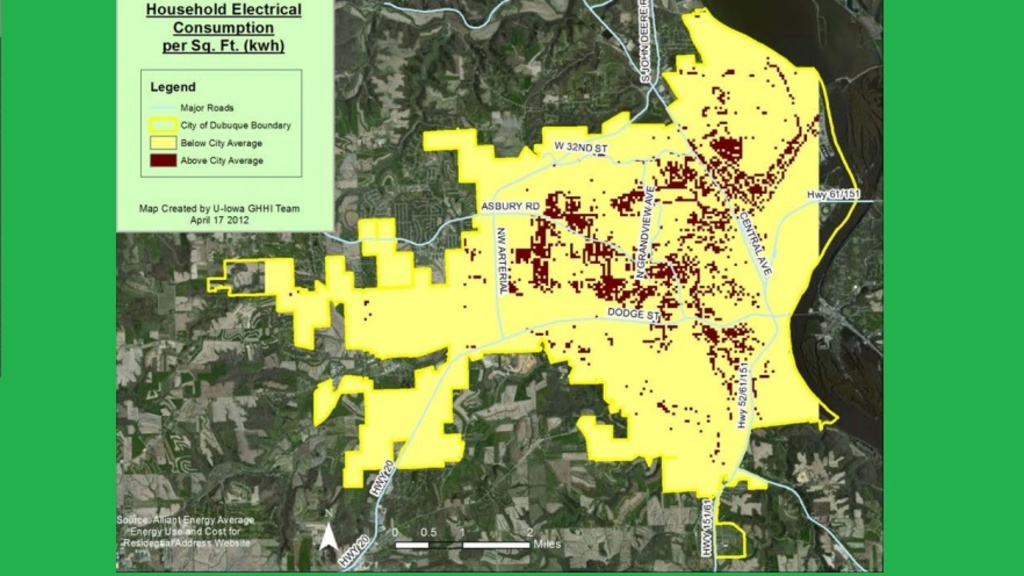
Design of the Green and Healthy Homes Program
Graduate students in the School of Urban and Regional Planning worked with city officials to provide recommendations and two tools for the City of Dubuque to expand its Green and Healthy Homes Initiative (GHHI).
The tools developed included the Priority Model and economic feasibility calculator for rental units. Other recommendations included strategies to engage renters and landlords; innovative funding; interdepartmental cooperation building; and participant engagement and outreach.
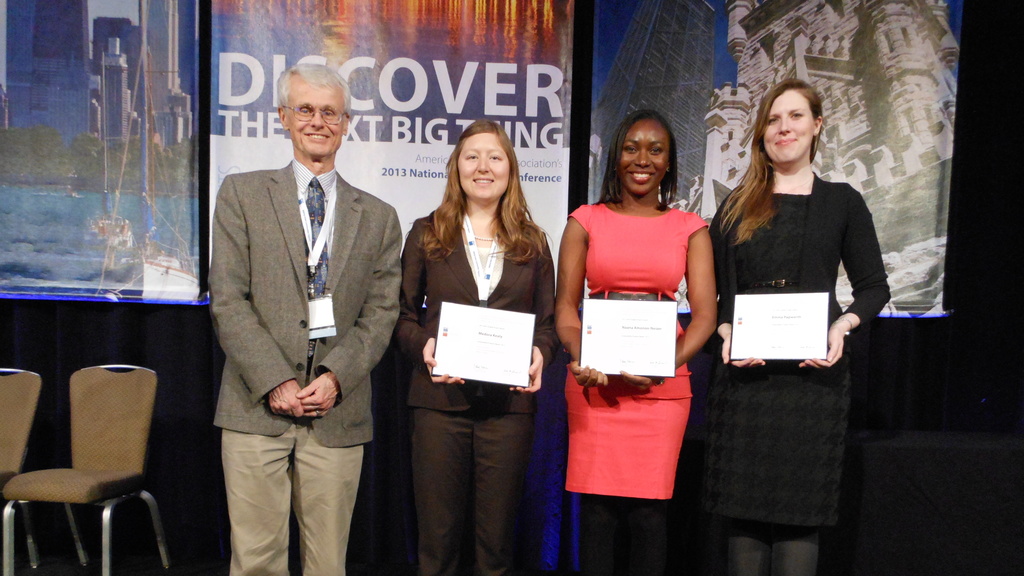
Dubuque County Sustainability Indicators
In 2011, Dubuque Regional Smart Planning Consortium was formed and tasked with developing a regional sustainability plan. Building on the 2011-12's Indicator and Indicator Measures for 11 Sustainability Principles for the City of Dubuque, students created measurements for the sustainability goals outlined in the Smart Plan on a regional scale.
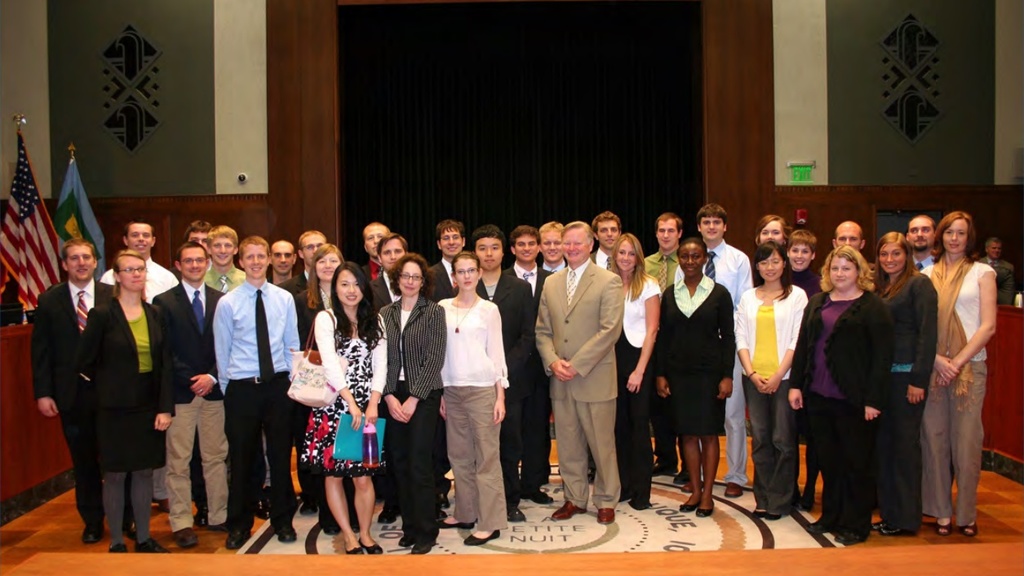
Renewable Energy Asset Map and Return on Investment and Policy Analysis
Students combined geophysical-based renewable energy capacity mapping with return on investment to evaluate how renewable energy can impact Dubuque's sustainability vision.
In order to sustain growth and demand for energy, the City of Dubuque was interested in developing policies for economic development that incorporated renewable energy.
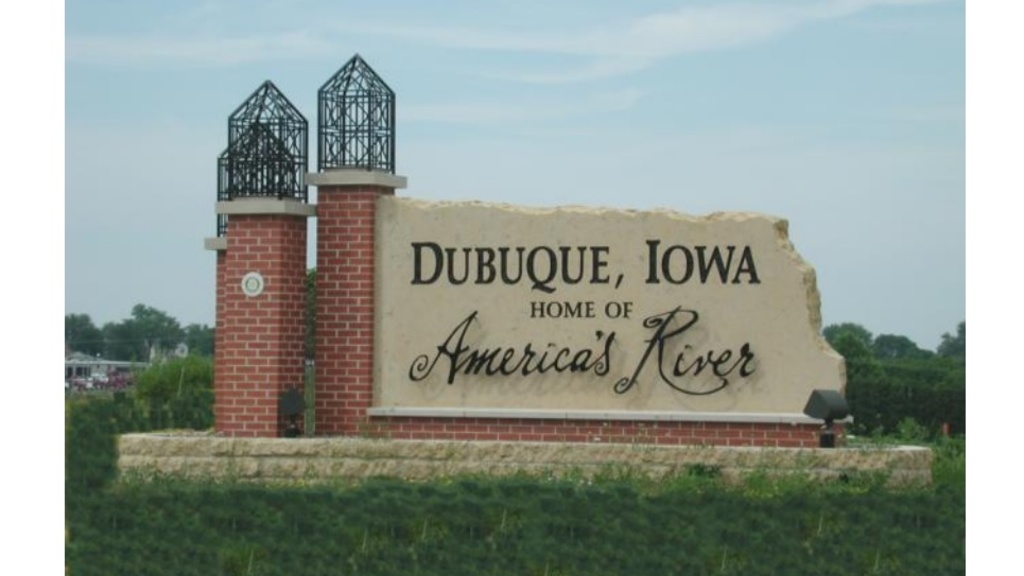
Indicator and Indicator Measurement for 11 Sustainability Principles
Students studied over 40 indicator systems and 1200 potential indicators, and narrowed it down to 60 indicators specifically for the City of Dubuque and its 11 principles through discussion with city staff, public engagement, and analysis of comparable cities. The students developed a score card for each indicator to be used by officials.